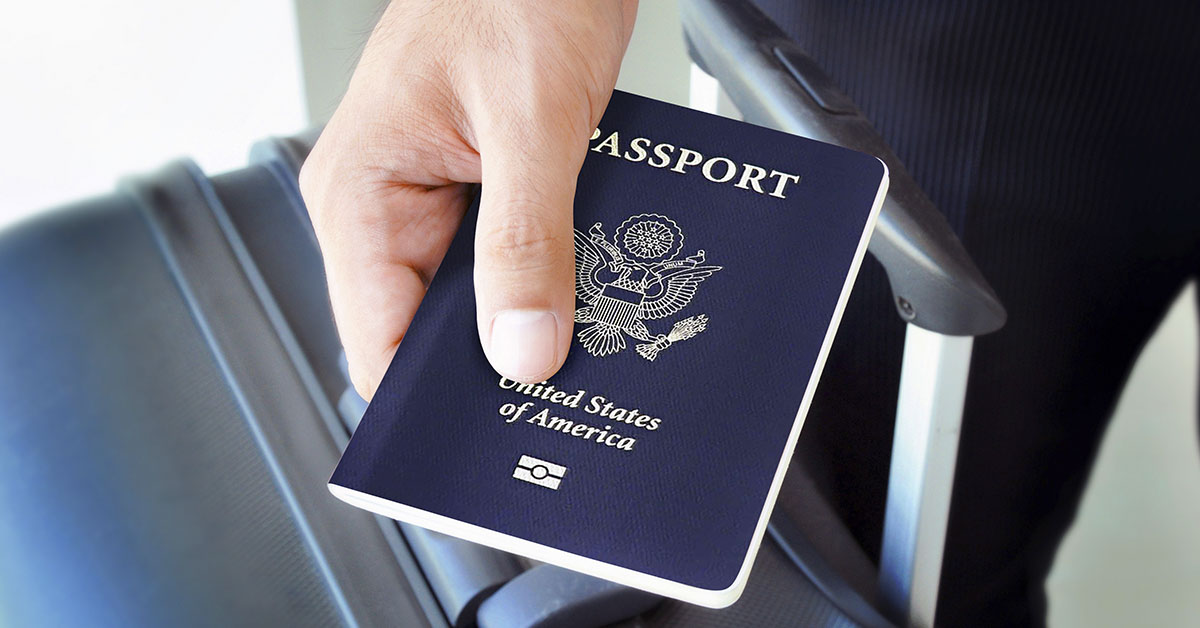
While many Americans still travel abroad with ease, some countries are growing less enthusiastic about their visits. Cultural clashes, political tension, and disrespectful tourist behavior have led certain destinations to reevaluate their approach. These places don’t always ban U.S. tourists outright, but they’re making it clear that change is needed. From stricter regulations to local protests, the message is getting louder. Be respectful or stay home. These are the 16 countries that don’t want American tourists visiting like they used to and why their attitude is shifting.
South Korea

South Korea blends tradition with modern flair, but cultural expectations remain strong. American tourists sometimes clash with these unspoken norms like ignoring formalities or misunderstanding social boundaries. Locals value modesty and respect for elders, things not always considered by Western travelers. Growing discomfort with this behavior has sparked quiet resistance. South Korea is now one of the countries that don’t want American tourists who act without consideration. To travel well here, learn basic etiquette, speak softly and don’t be loud and approach the culture with humility.
Japan

Japan remains a top destination for travelers seeking beauty and tradition. However, many locals have grown frustrated with American tourists who ignore social norms. Common complaints include loud conversations, improper behavior at shrines, and blocking walkways for photos. Kyoto has even restricted access to geisha districts due to disrespectful crowds. Japan values quiet, cleanliness, politeness and etiquette, traits often overlooked by some Western visitors. If you plan to visit, study basic customs and approach cultural sites with care. Japan welcomes respectful travelers but grows tired of careless behavior.
China

American tourists face growing tension in China due to strained political ties and cultural misunderstandings. Stricter visa policies and limited freedom of expression create a more rigid travel experience. Language barriers and unfamiliar customs also increase the chances of missteps. While large cities still accommodate international visitors, many locals view American behavior as intrusive or culturally insensitive. This shift makes China one of several countries that don’t want American tourists acting without awareness. Travelers should remain cautious, be respectful, and stay informed when exploring this complex country.
Thailand

Thailand’s tourism industry thrives on international visits, but some locals are pushing back. American tourists have drawn criticism for disrespecting Buddhist temples, dressing inappropriately, being rude, and behaving loudly in public spaces. Incidents like drunken outbursts or social media stunts at sacred sites leave lasting negative impressions. In response, Thai authorities have enforced stricter conduct rules and increased penalties. To enjoy Thailand fully, visitors must act mindfully and honor local traditions. Those who engage with the culture respectfully receive warm hospitality, those who don’t are quietly shown the door.
Indonesia

Indonesia, especially Bali, has seen a surge in American tourists seeking paradise, but not everyone shows proper respect. Many locals have voiced frustration over travelers violating sacred spaces, ignoring dress codes at temples, being loud or treating the island like a party destination. Cases of Americans overstaying visas, breaking traffic rules, or disrespecting religious customs have led to increased deportations and fines. Authorities now emphasize sustainable, respectful tourism. Travelers who follow local customs and contribute positively remain welcome, but the country grows weary of disruptive visitors.
Germany
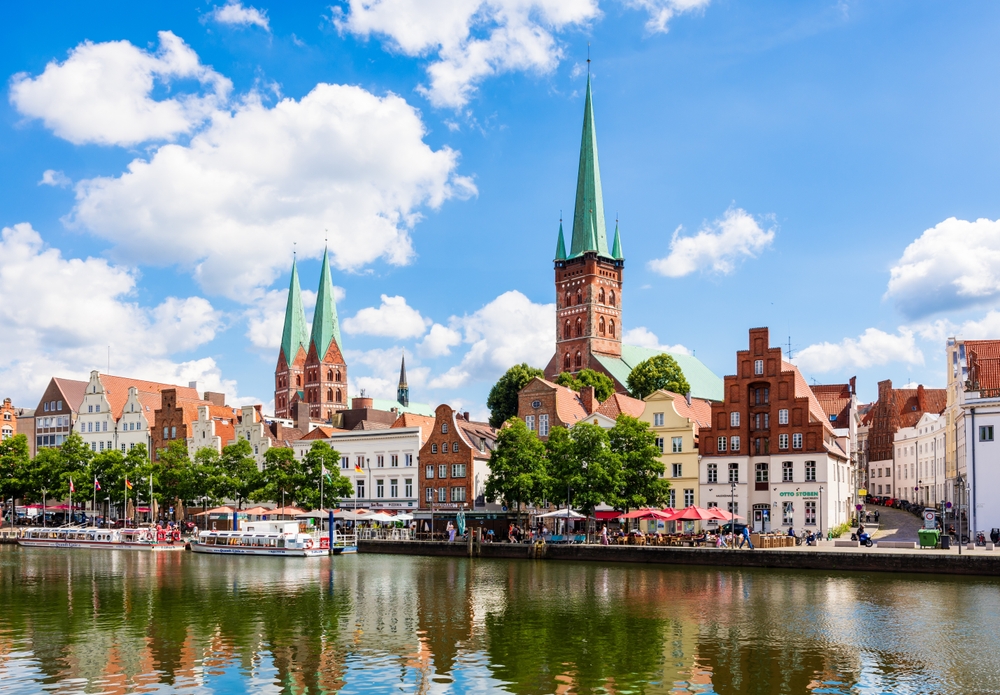
Germany appreciates structure and quiet public behavior. However, American tourists sometimes clash with these cultural values. Complaints include talking loudly on public transit, being drunk and disorderly, failing to follow recycling rules, or acting too casually at solemn memorials. Incidents like smiling selfies at Holocaust sites have caused public outrage. While Germany doesn’t restrict U.S. travelers, it favors those who observe its customs and history with care. Visitors who speak respectfully and behave appropriately leave a far better impression than those who don’t.
France
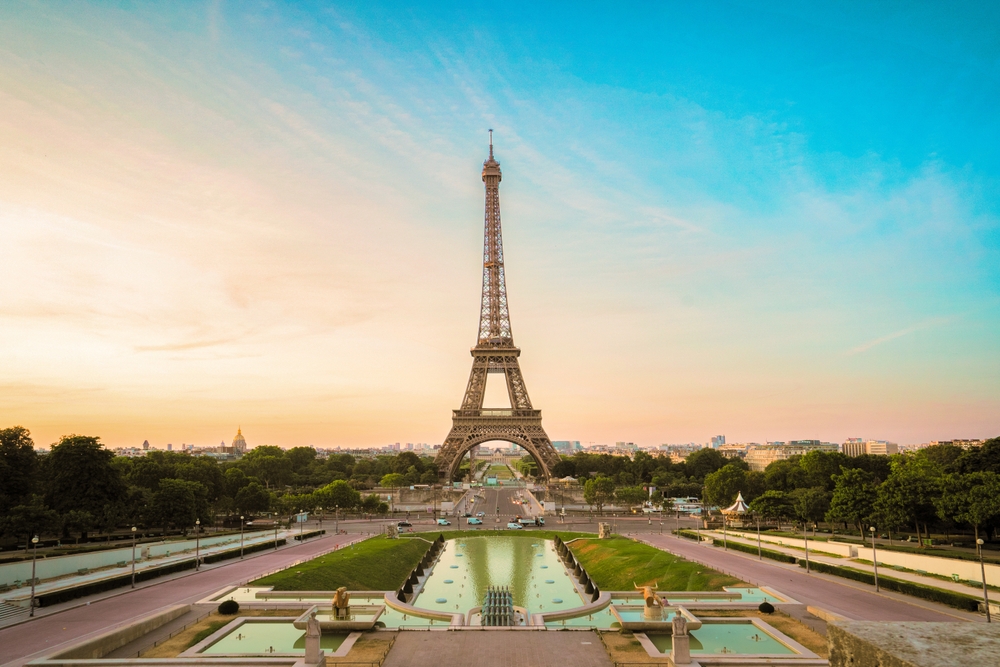
France, especially Paris, remains a dream destination for many Americans, but the relationship can be rocky. Locals often find American visitors impatient, loud, rude or culturally tone-deaf. Many tourists refuse to try speaking French or misunderstand key customs, creating friction. In recent years, rising tourism has also strained local infrastructure, prompting protests and stricter housing rules. While France still benefits from tourism, it increasingly favors culturally aware travelers. It’s become one of several countries that don’t want American tourists who ignore local traditions or act entitled.
Italy

Italy has long welcomed tourists, but the behavior of some visitors, particularly Americans, has started to wear thin. From defacing historic structures to diving into public fountains or dressing inappropriately in churches, these acts have led to stricter laws and hefty fines. Rome and Venice now enforce tourism limits and push for more responsible travel. Locals urge tourists to respect public spaces and religious sites, not treat them like theme parks. Italy still offers unforgettable beauty, but it expects visitors to show care, not cause damage.
Spain

Spain remains a favorite for American travelers, but over-tourism has stirred resentment in cities like Barcelona and Palma. Locals often blame tourists for rising rents, noisy streets, and lost community spaces. Many Americans visit only for nightlife, ignoring the culture beneath the surface. Anti-tourism graffiti and protests have become more common, and city governments are now restricting large tourist groups and short-term rentals. Respectful travelers who explore smaller towns and engage with local customs fare better.
Greece

Greece has welcomed millions of visitors, but the flood of tourists, especially from cruise ships, has strained its small islands. Santorini and Mykonos struggle with crowd control, environmental stress, loud tourists and cultural disrespect. Some Americans treat ancient ruins as photo backdrops rather than sacred spaces. In response, Greece now promotes sustainable tourism and urges travelers to respect sacred sites and local traditions. Wearing modest clothing and behaving calmly in historical areas go a long way. Americans who visit with mindfulness still enjoy Greece’s rich history and warm hospitality.
Netherlands
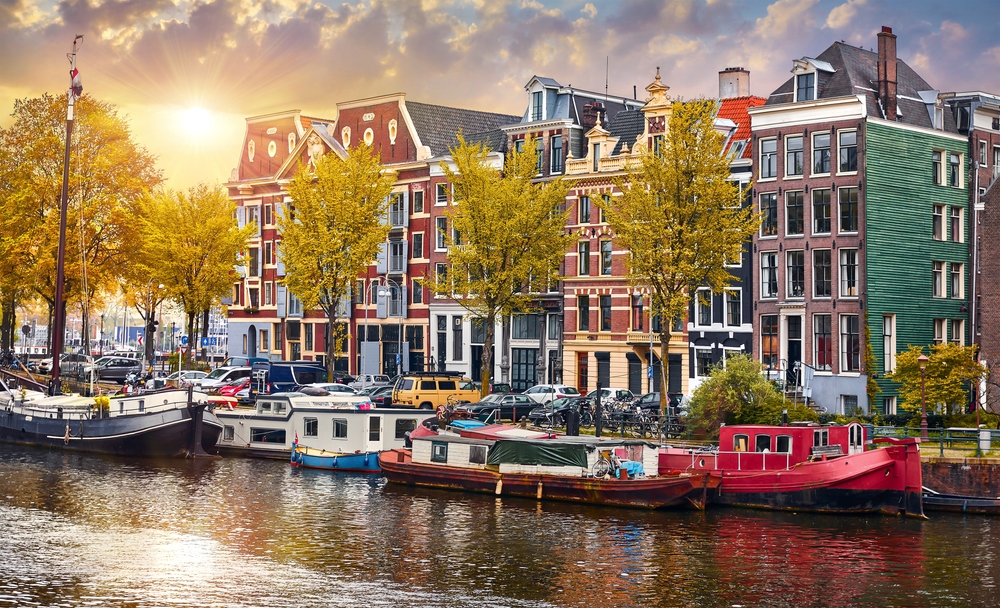
The Netherlands, and especially Amsterdam, has cracked down on disruptive tourism. American visitors often arrive for bachelor parties, cannabis cafes, and the Red Light District, causing noise, litter, and frustration for residents. The city has launched campaigns aimed directly at curbing this behavior and is shifting its focus toward art and culture. New rules limit short-term rentals and regulate group tours. While the Netherlands still welcomes tourists, it’s among the countries that don’t want American tourists treating it like a playground.
Cuba
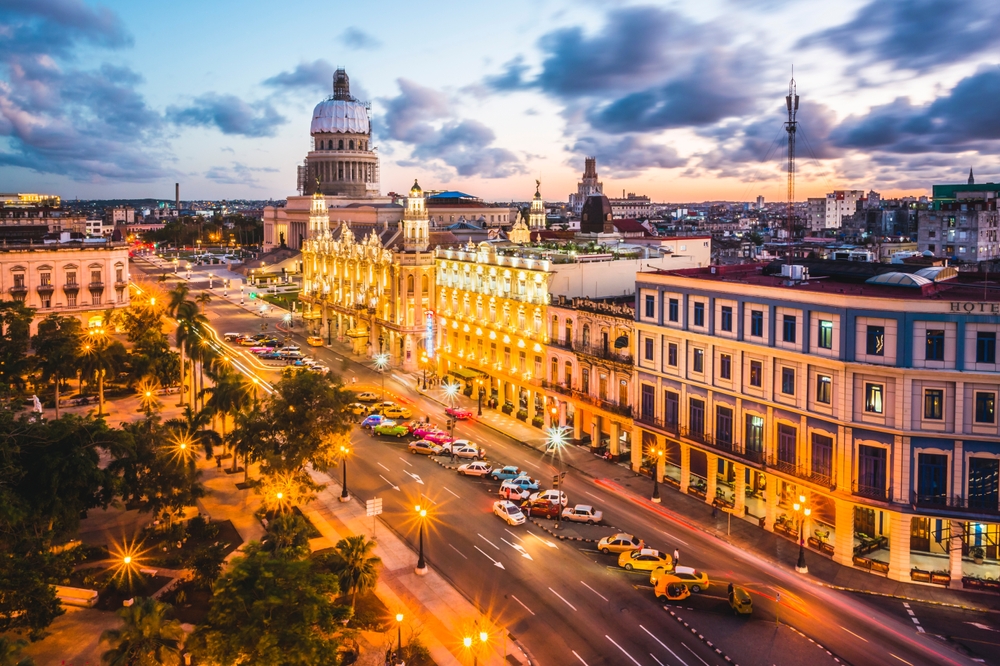
Cuba offers unique culture and history, but U.S. travelers face political and logistical barriers. Long-standing tensions between the two governments have led to strict rules, requiring Americans to travel under specific categories like cultural exchange or journalism. Locals may feel wary due to economic pressures and outside influence. While many Cubans are warm and welcoming, there’s an expectation for visitors to be sensitive and respectful. Flashy displays of wealth or entitlement can create tension. Americans who travel thoughtfully will find Cuba rewarding, but careless tourism isn’t welcome.
New Zealand

New Zealand’s stunning landscapes attract outdoor-loving Americans, but careless tourism is causing damage. Tourists have been caught littering, trampling protected trails, not respecing the nature, and ignoring rules at sacred Māori sites. These behaviors have led to frustration among locals who value conservation and cultural respect. The government now encourages visitors to sign the Tiaki Promise, a pledge to travel responsibly. Americans should understand that New Zealand isn’t just a photo-op, it’s a land deeply tied to tradition and nature.
Turkey
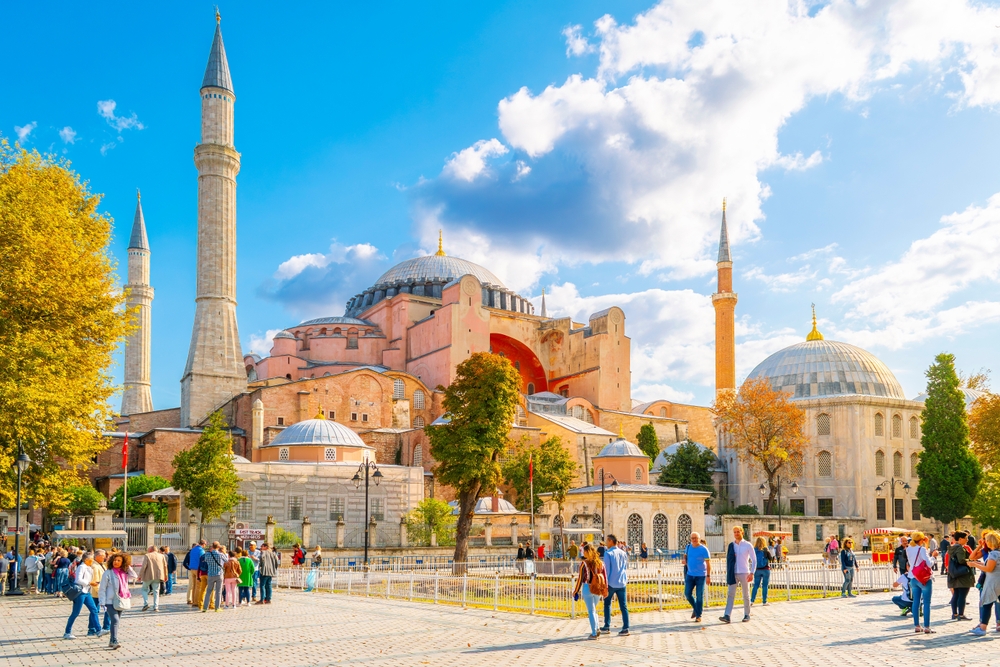
Turkey offers history, food, and culture, but visitors must understand its social norms. Some American tourists act insensitively by dressing inappropriately at mosques or ignoring conservative customs in rural towns. Political discussions, especially about religion or government, also create tension. While cities like Istanbul remain tourist-friendly, the rest of the country expects discretion. Travelers who remain quiet, modest, and respectful are welcomed warmly. However, Turkey is becoming one of the countries that don’t want American tourists who disregard its traditions or treat it like a Western destination.
Morocco

Morocco’s vibrant markets and desert landscapes attract many Americans, but culture clashes are frequent. Tourists sometimes photograph people without consent or behave aggressively when bargaining. These actions often offend locals and strain relations. Morocco is deeply traditional, especially outside of tourist hubs. Visitors should dress modestly, avoid invasive behavior or be too loud, and learn basic Arabic or French greetings. Tourists who engage respectfully will find kindness and warmth. Those who act carelessly may experience tension, or simply not be welcomed back.
Mexico
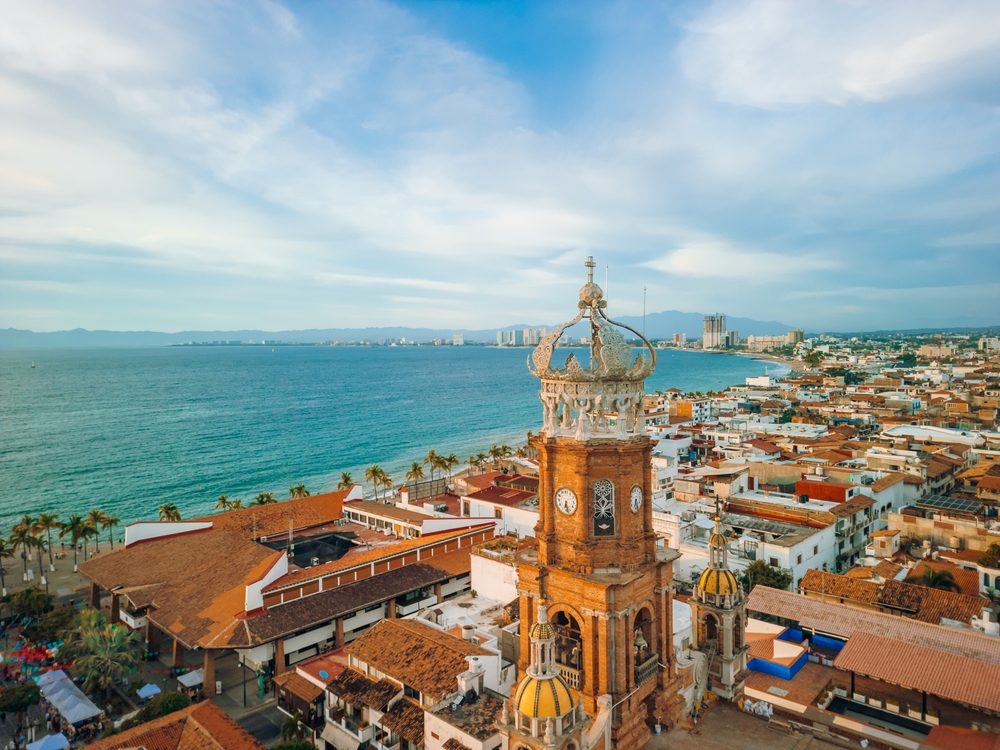
Mexico remains one of the most visited countries by Americans, but the relationship is complex. Over-tourism has pushed out locals in places like Tulum and Cabo, while some American tourists behave as if they’re still in the U.S., demanding familiar food, ignoring local customs, being loud or acting entitled. This growing frustration has made Mexico another of the countries that don’t want American tourists who fail to respect their hosts. Travelers who leave the resorts, support local businesses, are polite and act with humility are better received across the country.
Rethinking How We Travel

Being a tourist comes with responsibility. More and more destinations are asking for respect, awareness, modesty, and mindfulness, especially from American travelers. While none of these countries have banned U.S. visitors, many have grown tired of careless behavior, disrespect, loud entitlement, or cultural ignorance. The best way to travel now? Go with humility, learn a few local phrases and customs, and observe rather than dominate. Tourism should be a two-way street, one that benefits both visitor and host. Let’s move beyond taking selfies and purchasing souvenirs, and travel in a way that earns a warm welcome.